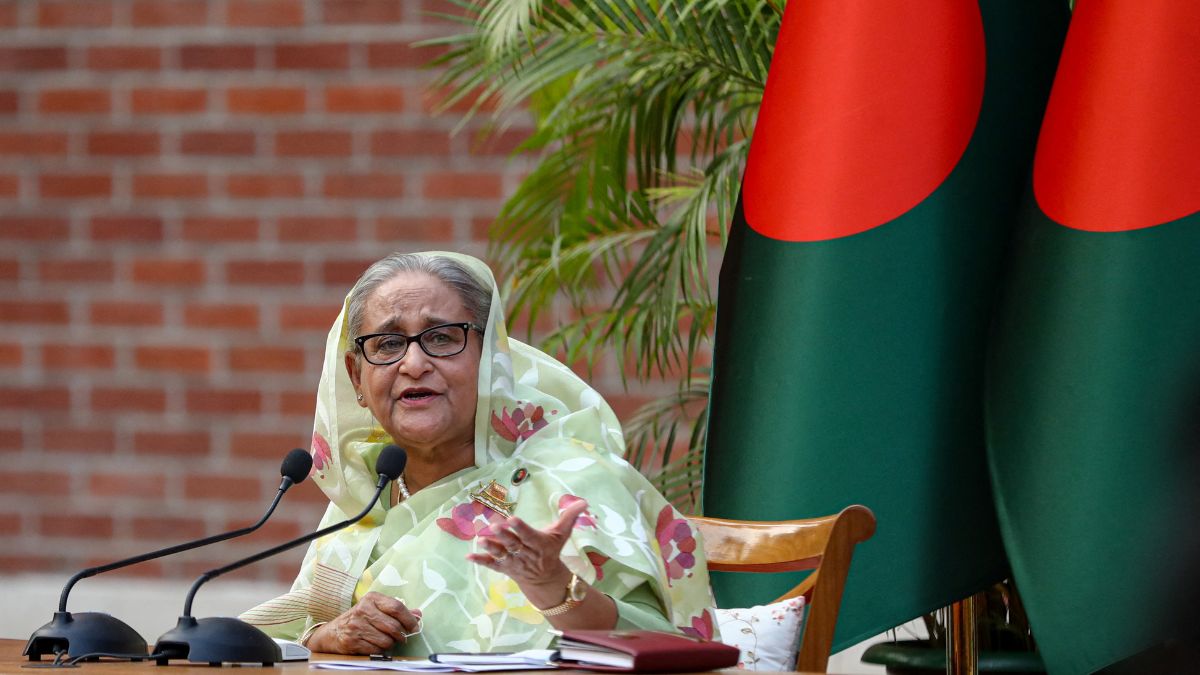Bangladeshi interim ruler Muhammad Yunus has hailed the International Crimes Tribunal’s (ICT) judgment in Sheikh Hasina’s case , but the manner in which the trial was conducted —riddled with procedural lapses and partisan motivations— has undermined its legitimacy.
For one, the trial was held in absentia and Hasina effectively had no defence. Moreover, both judges and prosecutors were either appointed in violation of established norms or were clearly linked to her political opponents.
In any case, using the ICT for Hasina’s trial breached its original mandate. The tribunal was created with the stated objective of only trying war criminals involved in Pakistan’s genocide in the run-up to Bangladesh’s War of Liberation. The validity of the amendment to this mandate —made through an ordinance by Yunus— to empower the special court to try Hasina in the absence of an elected parliament has been contested and never satisfactorily addressed.
Partisan judges, unconstitutional court
First things first: the ICT was formed under the International Crimes (Tribunals) Act of 1973 with the stated mandate to address crimes of genocide committed during Bangladesh’s War of Liberation. Yunus’ unelected regime amended this mandate through an ordinance.
“In the absence of approval by an elected parliament, such an amendment was invalid,” a person aware of the matter told Hindustan Times.
Secondly, the composition of the ICT highlights the partisan nature of the tribunal.
The three judges —ICT Chairman Golam Mortuza Majumder, Mohitul Haque Md Enam Chowdhury, and Shafiul Alam Mahmud— were appointed in violation of the rule stipulating that a person may only be appointed as a permanent judge after completing two years of service as an additional judge.
Among them, Mahmud has been linked to Hasina’s rival, the Bangladesh Nationalist Party (BNP), an Islamist pro-Pakistan party.
ALSO READ: With Hasina gone, Bangladesh’s extremists dismantle 1971 foundation to become ‘East Pakistan’ again
Quick Reads
View AllYunus also appointed Tajul Islam as the chief prosecutor. He had built his career defending war criminals involved in the East Pakistan genocide.
Moreover, Majumder was appointed just six days before the trial began. Similarly, Mahmud was also appointed only days before proceedings commenced. This shows they were handpicked to be part of an orchestrated trial whose result was a foregone conclusion.
“All three were appointed permanent judges in violation of Article 98 of the Constitution, which stipulates a two-year period of satisfactory performance as additional judges before elevation as a permanent judge,” a person familiar with the matter told HT.
“Besides, all three judges have no prior experience of applying international legal principles, a significant gap in trials involving crimes against humanity,” the person added.
ALSO READ — Bangladesh’s Bhutto Moment: The Trial of Sheikh Hasina and echoes of Rawalpindi in Dhaka
Overall, at least 22 judges —including ICT appointees— were appointed in this manner in violation of norms, according to The Economic Times.
The ET further noted that the appointment of Toby Cadman as Special Adviser to the Chief Prosecutor of the ICT was also flawed as he had previously been a lawyer for Jamaat-e-Islami, one of Hasina’s Islamist rivals and linked to Pakistan’s genocidal campaign.
)